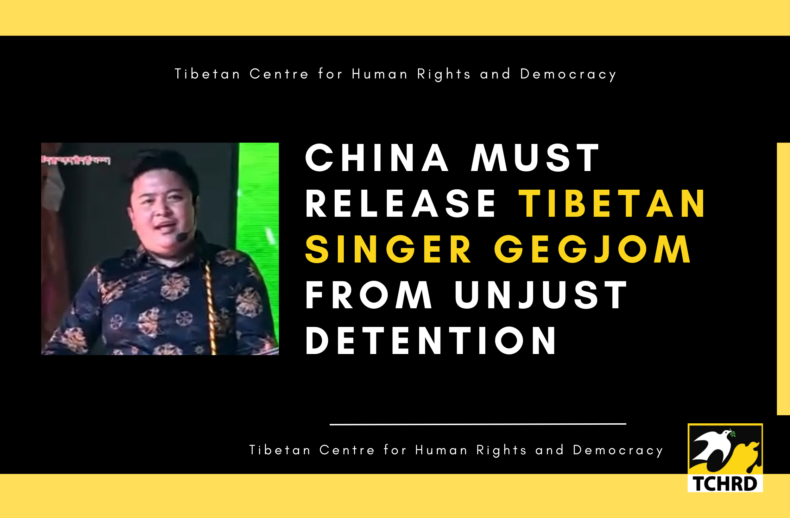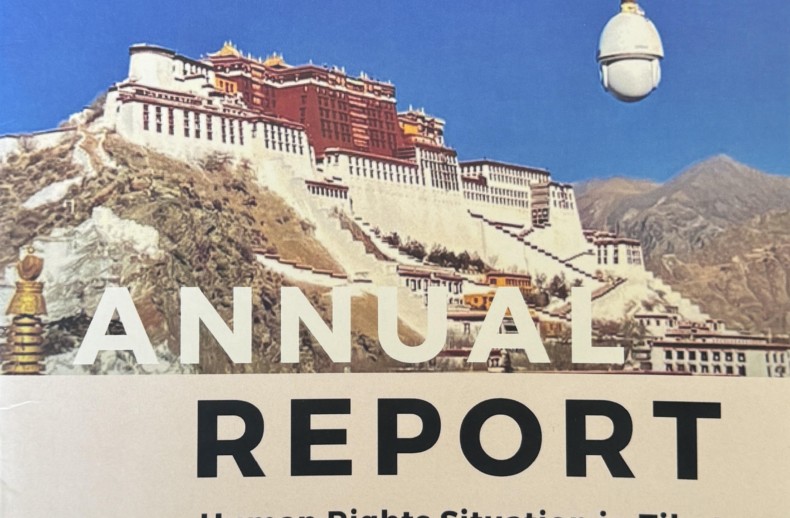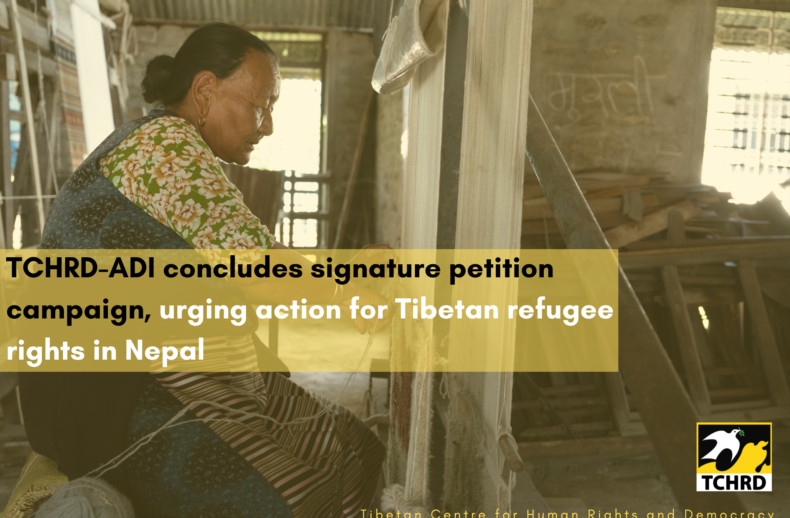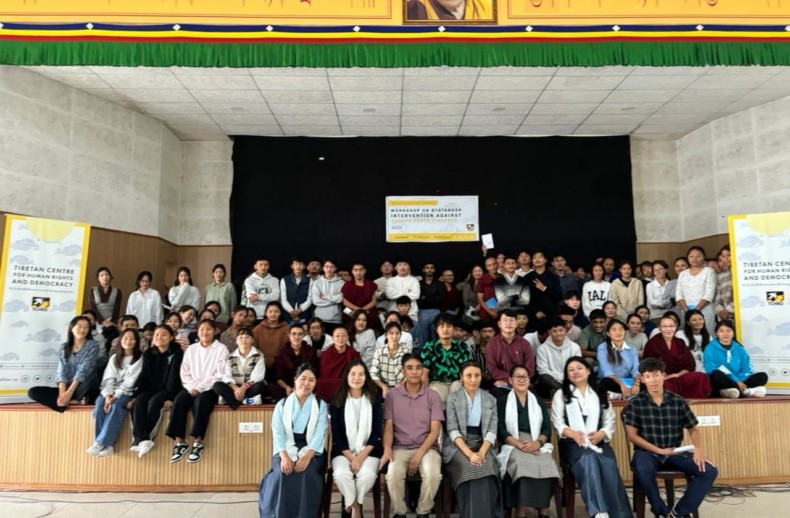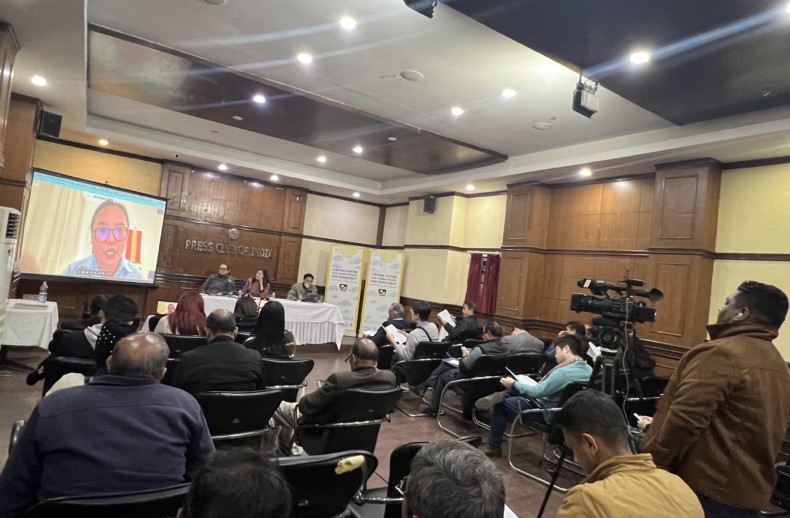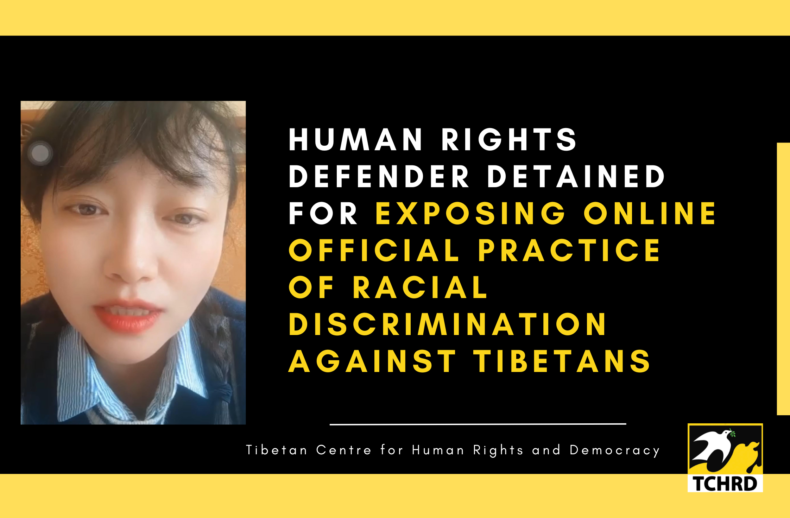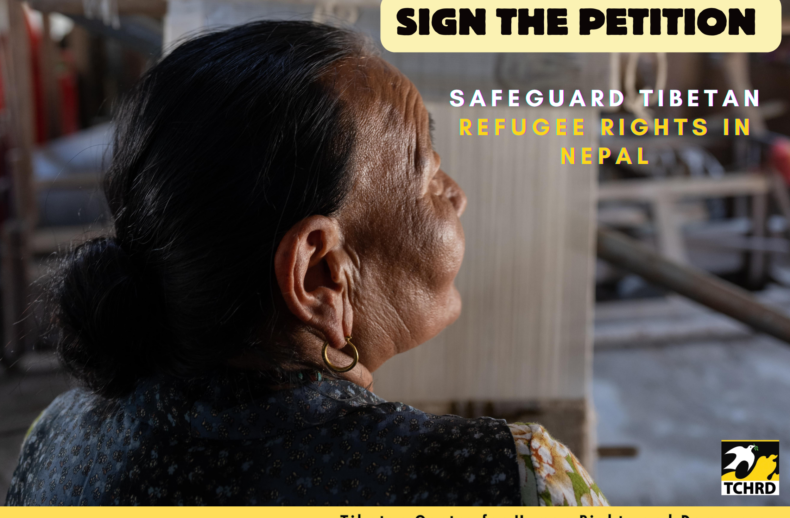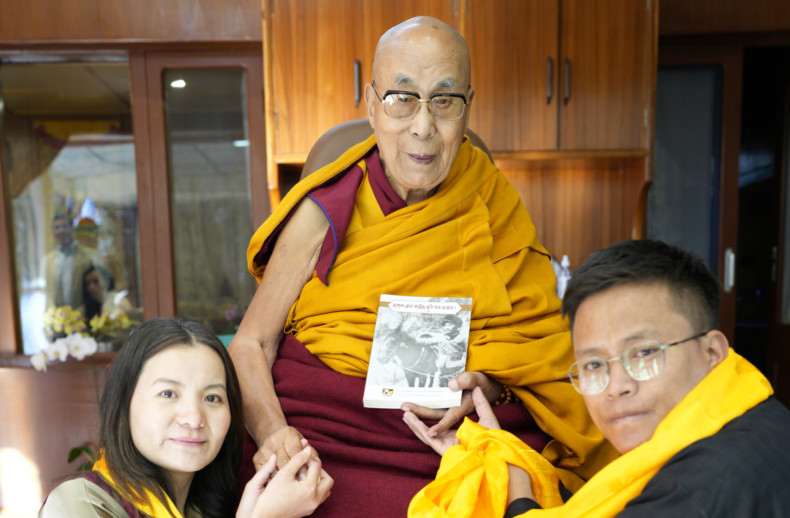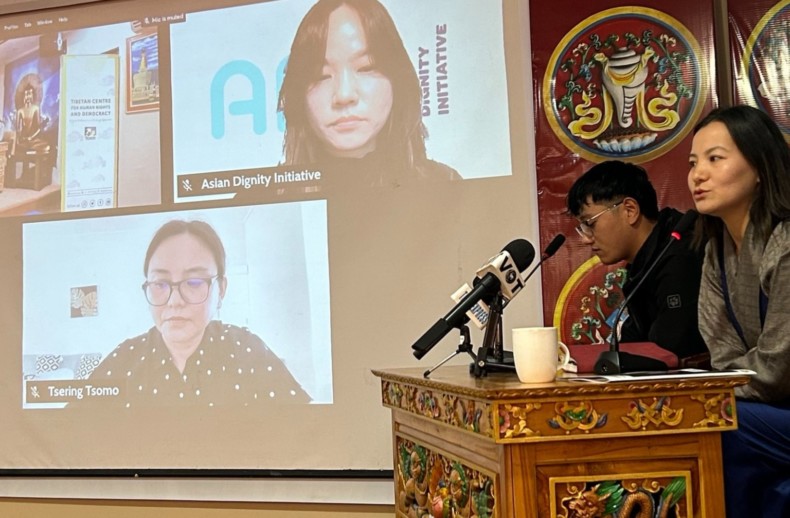Chinese authorities have detained incommunicado a Tibetan monk, Pema, from the local Kirti Monastery in Ngaba (Ch: Aba) Tibetan Autonomous Prefecture, Sichuan Province in the Tibetan province of Amdo for staging a peaceful solo protest against repressive policies while holding a portrait of the Dalai Lama on the stretch of a road known to the local Tibetans as ‘martyrs road’.


